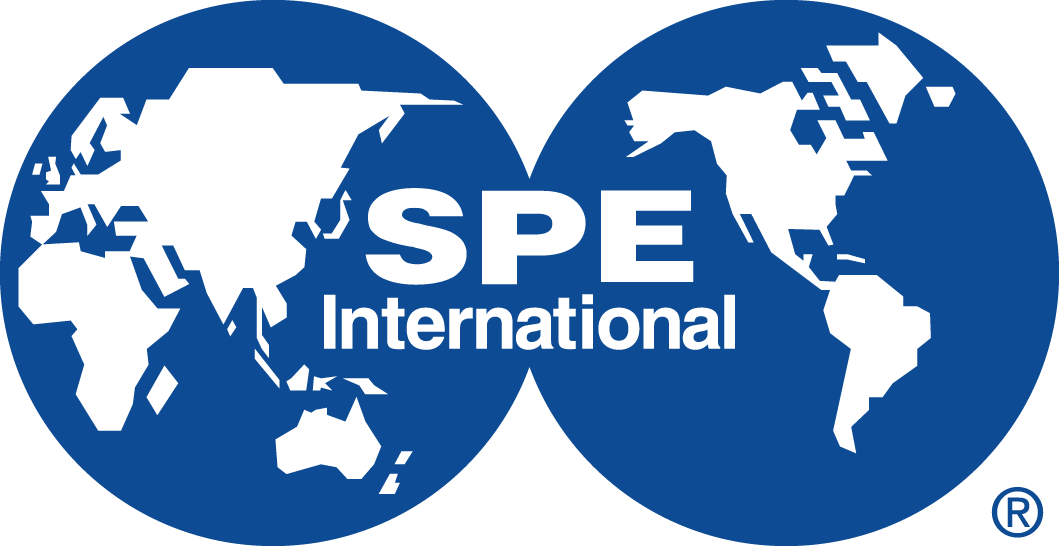Schedule
-
60 mins
-
30 mins
- Opening and Keynote Session
-
90 mins
- Panel Session
-
30 mins
-
120 mins
- Technical Session
Session Managers: Tan Wan Ling, Hibiscus Petroleum; Abd Rasyid Mad Marjuki, Hibiscus Petroleum; Thanawut Worawutthichanyakul, PTT Exploration & Production PLC; Heidi Albrecht, Shell Exploration and Production
This discussion session will delve into best practices for mercury sampling, testing, and prediction across various oil and gas environments, including subsurface, upstream, and downstream processing. We will explore effective sampling methods, the latest analytical testing approaches, and predictive models that help forecast mercury dispersion in subsurface formations.
The session will also cover the speciation of mercury, as it exists in various forms in subsurface environments, including elemental mercury, ionic form, particulate mercury, and mercury bound to organic matter. Determining the different species of mercury is crucial for identifying suitable treatment methods across facilities - from exploration to production.
Due to mercury’s highly volatile nature, measuring its presence in gas and condensate is complex and requires highly sensitive detectors. A variety of analytical techniques are available to measure mercury content—for example, Gold Film, Cold Vapor Atomic Absorption (CVAA), and Inductively Coupled Plasma-Mass Spectrometry (ICP-MS)—each offering different levels of accuracy and detection limits. Selecting an appropriate sampling location, along with the correct method and equipment, is essential to ensure reliable mercury data. This, in turn, supports the implementation of proper control measures for managing mercury exposure at work locations.
-
60 mins
-
120 mins
- Technical Session
Session Managers: Suzalina Zainal, PETRONAS; Khairiraihanna Johari, Universiti Teknologi PETRONAS (UTP)
Mercury contamination remains a critical environmental and industrial challenge, requiring continuous advancements in its prediction, detection and remediation technologies. This session explores latest innovations in mercury proactive and reactive interventions, which may include prediction, detection, capture, removal, and other mitigation strategies, focusing on emerging materials, integrated treatment approaches, and process optimisations.
Key topics include the development of advanced prediction/detection tools, as well as mechanical and chemical technologies. These include adsorbents such as metal-organic frameworks (MOFs), functionalised resins, and nanomaterials, for their efficacy in mercury capture applications. Additionally, remediation techniques that integrate multiple removal technologies - such as mercury particulates capture and removal, adsorption, advanced oxidation processes (AOPs), and biological treatments - have been explored and proven to be effective in controlling mercury contamination.
Future innovations in mercury management are expected to focus on several key areas and methodologies, including software/tools, mechanical/process, and chemicals. A hybrid removal system that integrates multiple remediation technologies, along with the use of renewable and cost-effective raw materials with stronger emphasis on economic and feasibility assessments, will enable good evaluation of associated production costs and operational expenses leading to a more effective and sustainable mercury management solutions.
-
30 mins
-
30 mins
- Knowledge Sharing ePoster Session
-
30 mins
-
120 mins
- Technical Session
Session Managers: Terath Kumar Omporkas, PETRONAS; Stuart McKay, Woodside Energy
Mercury management in the oil and gas industry is shaped by evolving global and regional regulations, with significant variations in enforcement across different jurisdictions. While some ASEAN nations have stringent mercury policies aligned with the Minamata Convention, others face regulatory gaps and inconsistent enforcement.
This session will explore these differences and their impact on compliance strategies for upstream and downstream operations. Experts will discuss best practices in monitoring, reporting, and remediation to meet diverse regulatory expectations while ensuring operational efficiency. Participants will gain insights into navigating compliance challenges, adapting to strict environmental limits in certain markets, and overcoming regulatory uncertainties in others. The session will also highlight case studies on successful compliance strategies, industry-government collaboration, and the role of stakeholder engagement in shaping effective mercury policies across the ASEAN region.
-
30 mins
-
120 mins
- Technical Session
Session Managers: Huai Zhi Loo, PETRONAS; Suriati binti Sufian, Universiti Teknologi PETRONAS (UTP); Dzeti Farhah Mohshim, Universiti Teknologi PETRONAS (UTP)Mercury, a toxic byproduct of oil and gas operations, poses significant environmental, health, and safety challenges. This session focuses on integrating existing solutions through a circular economy approach to address mercury pollution sustainably. By transforming mercury waste into valuable applications - such as in laboratory equipment and cosmetics -the oil and gas industry can reduce its environmental footprint and support a more sustainable operating model.
The session will explore innovative technologies for mercury capture, recovery, and recycling, as well as strategies to align these solutions with circular economy principles. Subject Matter Experts will share insights on leveraging existing infrastructure, policies, and stakeholder collaborations to create closed-loop systems that minimise emissions and waste.
Case studies from the oil and gas sector will highlight successful implementations and lessons learnt. Participants will gain practical knowledge on scalable strategies, regulatory frameworks, and best practices for sustainable mercury management. This session aims to inspire industry professionals, researchers, and policymakers to adopt integrated, circular economy–driven solutions that promote environmental stewardship and long-term sustainability in the oil and gas industry.
-
60 mins
-
120 mins
- Technical Session
Session Managers: Juhaida Mohd Johar, PETRONAS; Hanto Yananto, PT Pertamina Hulu Energi
Addressing mercury management in oil and gas operations involves navigating complex challenges that require innovative solutions, strict regulatory adherence, and cross-disciplinary collaboration. This session will present real-world case studies from industry leaders who have effectively mitigated mercury risks during the development and production phases.
Experts will share insights into practical strategies, including advanced monitoring and removal technologies, regulatory adaptation, and best practices for ensuring workplace safety and environmental protection. The discussions will highlight key lessons learnt, operational challenges that were overcome, and the positive impact of effective mercury management on asset integrity, sustainability, and compliance.
Participants will gain valuable knowledge on implementing successful mercury management strategies, enhancing risk mitigation efforts, and achieving safer, more efficient operations.
-
15 mins
-
15 mins

